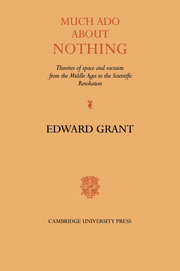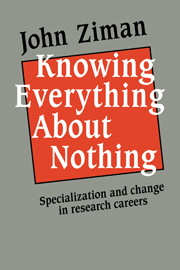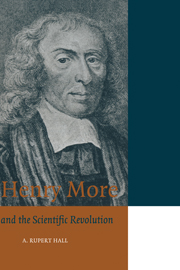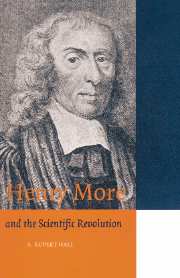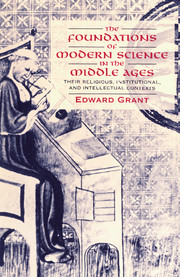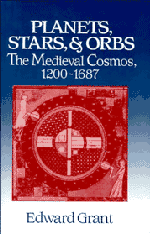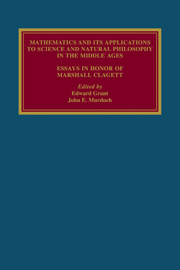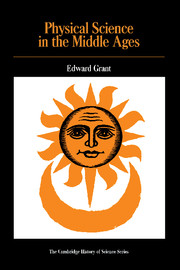Much Ado about Nothing
The primary objective of this study is to provide a description of the major ideas about void space within and beyond the world that were formulated between the fourteenth and early eighteenth centuries. The second part of the book - on infinite, extracosmic void space - is of special significance. The significance of Professor Grant's account is twofold: it provides a comprehensive and detailed description of the scholastic Aristotelian arguments for and against the existence of void space; and it presents (again for the first time) an analysis of the possible influence of scholastic ideas and arguments on the interpretations of space proposed by the nonscholastic authors who made the Scientific Revolution possible. The concluding chapter of the book is unique in not only describing the conceptualizations of space proposed by the makers of the Scientific Revolution, but in assessing the role of readily available scholastic ideas on the conception of space adopted for the Newtonian world.
Product details
May 2008Paperback
9780521061926
472 pages
229 × 152 × 24 mm
0.66kg
Available
Table of Contents
- Preface
- Part I. Intracosmic Space: Scope of study
- 1. Aristotle on void space
- 2. Medieval conceptions of the nature and properties of void space
- 3. The possibility of motion in void space
- 4. Nature's abhorrence of a vacuum
- Part II. Infinite Void Space Beyond the World: Largely a theological problem
- 5. The historical roots of the medieval concept of an infinite, extracosmic void space
- 6. Late medieval conceptions of extracosmic ('imaginary') void space
- 7. Extracosmic, infinite void space in sixteenth- and seventeenth-century scholastic thought
- 8. Infinite space in nonscholastic thought during the sixteenth and seventeenth centuries
- Part III. Summary and Reflections:
- 9. Summary and reflections
- Notes
- Bibliography
- Index.

